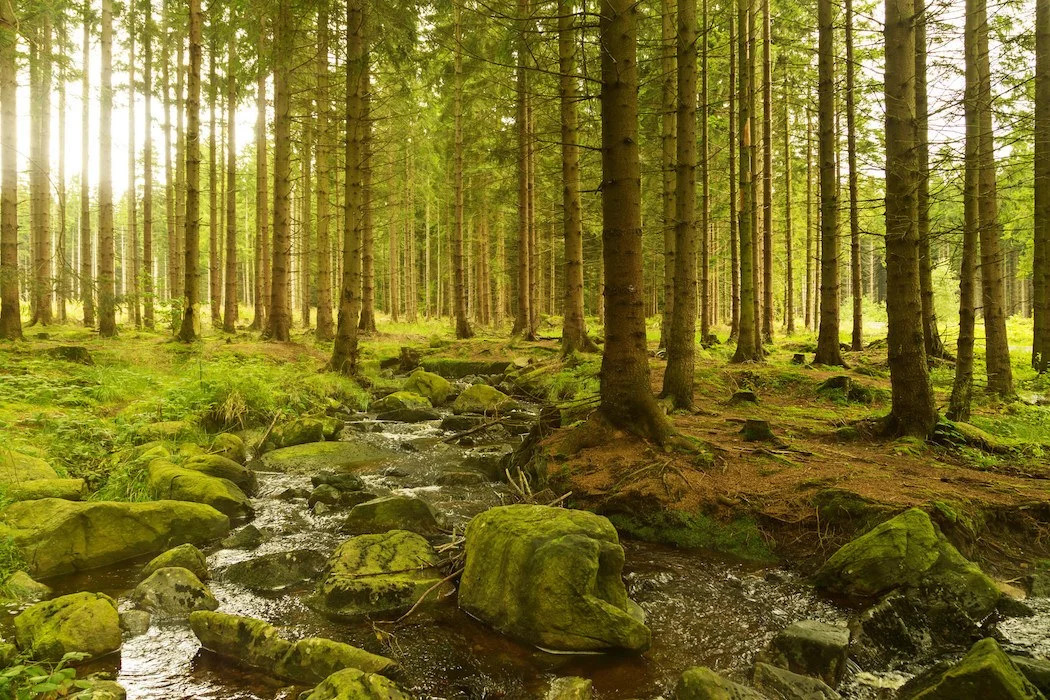Selling pick 'n' mix, stationery and even garden tools: Wilko has styled itself as a budget UK homeware chain for over ninety years.
With 400 stores across the UK, is well-known for its affordable everyday items.
But the High Street stalwart has warned that it is on the brink of collapse, putting some 12,000 jobs at risk.
Alex, a communications professional who lives in Wimbledon in London, says he'd be "gutted" if Wilkos disappears altogether.
"It's where I get my pick 'n' mix before the cinema. I always find it great value, and really good on stuff like detergent," he said.
It is also seen as a one-stop-shop for Christmas paraphernalia, famed for its low-priced tinsel and wrapping paper.
The cut-price shop was founded in 1930 when JK Wilkinson opened his first store in Leicester. Then, it was called Wilkinson Cash stores and by 1939 a total of nine stores were opened.
It expanded across the Midlands initially and by the 1990s became one of Britain's fastest-growing retailers.
James, a construction professional, remembers the first Wilko store in Leeds: "My dad loved it - a brilliant location at the Arndale Centre in Headingley. It sold such a wide range of things, all in the same place."
He added: "At Christmas for example, the tinsel and wrapping paper are good value".
In 2012, Wilkinson began rebranding its stores as Wilko, after its own-brand products marketed under the Wilko name. By 2014, most stores had emblazoned the new name on storefronts.
Woolworths gap
Although the brand is beloved by Brits, Richard Lim, boss of the Retail Economics consultancy, said: "Sadly, sentiment doesn't ensure commercial success."
Stephen from Hebburn says it doesn't have everything he wants.
"We only go in for specific items. It's good for washing up powder. It's not what it was, I don't think," he said.
Wilko stepped into the High Street gap left by the collapse of Woolworths in late 2008, but has struggled over the last decade in part owing to more competition. The likes of Poundland and B&M have meant it has had to share its traditional customer base.
Wilko's sales were larger than B&M's a decade ago, but now they are one-third of its competitor's. Its sales have also fallen below Poundland, Home Bargains, and The Range.
Many commentators on social media have pointed out that B&M and Home Bargains seem to have a lot of the same or very similar stuff at notably lower prices.
Retail analyst Catherine Shuttleworth said the current cost of living crisis should have been the time for Wilko to shine. Soaring prices have meant that many shoppers are looking for a bargain, but she says its customers have been going to rivals instead.
Ms Shuttleworth added: "I don't think we'll see Wilko disappear from the High Street, because it's such a well-loved brand and shoppers hold it in high regard.
"But, it could look very different in the future."
Too many stores?
The discount chain has 408 stores across the UK, many of them in High Street locations in traditional town centres.
While these locations are convenient for shoppers without cars, since the pandemic there's been a shift to bigger retail parks and out-of-town options with more space.
But some customers feel Wilko is one of the last bastions holding on amidst a decline of the High Street.
A shopper from Kingston upon Thames told the BBC that she would be "very upset" if the town lost its Wilko store.
"I use it weekly for gardening items especially - but also toiletries and cleaning supplies.
"It's a bit like the old Woolworths and it would be a huge loss - no everyone likes online shopping," she said.
Charles Allen, retail analyst at Bloomberg Intelligence, says that the locations of Wilko stores have been a bit of a turn-off for some customers.
"B&M, for example, has thrived with a similar but perhaps slightly more relevant assortment that appeals to today's consumers.
"B&M has also moved many of its locations to retail parks which are more convenient for many consumers, especially when they are buying bulky goods."
Empty shelves
Wilko has already borrowed £40m from the restructuring specialist Hilco, cut jobs, rejigged its leadership team and sold off a distribution centre as it faced a cash squeeze after falling to a loss.
Shoppers have noticed gaps on shelves after Wilko struggled to pay suppliers and at least one credit insurer withdrew trade cover, prompting some companies to pause deliveries.
Richard Lim added: "It meant that they didn't have the cash to stump up for products... and it turns the retail business on its head."
In this instance it looks like the chain might not have had deep enough pockets to get through another tough trading period - after a pandemic and a cost of living crunch.
